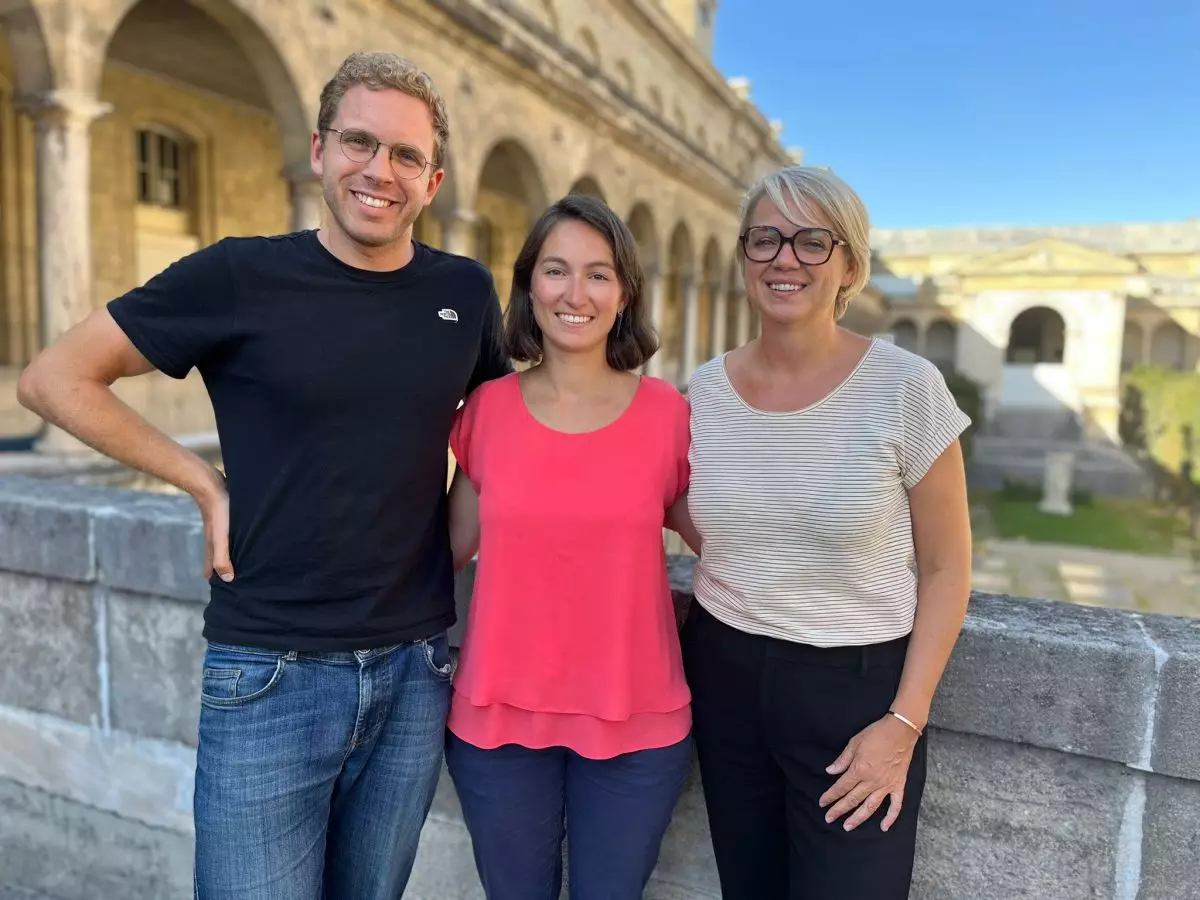Cancer remains one of the leading causes of mortality worldwide, with its incidence notably rising among younger demographics. This increase poses a multifaceted challenge not only for healthcare systems but also for pharmaceutical companies striving to develop effective treatments. Despite the influx of innovative drug compounds entering the clinical trial phase, a staggering proportion of these fail to receive approval. Failure rates hover around 90% in many cases, raising questions about the efficacy of traditional clinical trial methods. What remains unclear is whether these drugs truly lack therapeutic potential or if their failure stems from inadequate testing methodologies.
The Paradox of Drug Development
Fanny Jaulin, an entrepreneurial force in the realm of oncology, argues that the issue extends beyond the drugs themselves. As she expresses, “Just because a drug isn’t successful in clinical trials doesn’t mean it’s not a good drug.” This assertion begs for an examination of the underlying factors influencing trial outcomes. Clinical trial design often fails to account for the unique biological and genetic frameworks of individual tumors. Consequently, the results can be misleading, leading to the premature dismissal of promising treatment options.
Jaulin’s startup, Orakl Oncology, has emerged to tackle these complex concerns by integrating artificial intelligence (AI) into the drug discovery process. Rather than merely relying on data or biological insights alone, Orakl embodies a hybrid model that bridges both fields. This innovative approach enables a more comprehensive understanding of cancer, accommodating the intricate variances present in tumor biology. The company focuses primarily on two types of cancers—colorectal and pancreatic—fields that have seen minimal advancement in therapeutic options over recent decades.
Their approach revolves around the development of organoids, simplified yet powerful representations of actual human organs, which greatly enhance the testing environment for new drug candidates. This methodology allows researchers to study drug interactions within a context that is more representative of actual patient responses, promoting a higher degree of reliability in trial outcomes.
The Data-Driven Layer
Orakl incorporates an extensive data layer consisting of approximately 40 variables for each patient. Although this dataset is smaller than those of more established companies, it allows for the nuanced analysis necessary for tailoring treatments to individual tumor characteristics. The data-driven aspect not only enriches the organoid model but also enhances predictive capabilities, opening doors for better-targeted therapeutic strategies.
The company’s dual product offerings, O-Predict and O-Validate, showcase how novel data applications can revolutionize patient-specific treatment plans. O-Predict offers insights into how patients might respond to drug candidates, thereby informing pharmaceutical developers. Conversely, O-Validate assists biotech firms in validating their AI methodologies’ efficacy, proving beneficial across the expansive biotech landscape.
Orakl’s journey has received a significant financial boost, culminating in a seed funding round that follows a successful pre-seed initiative. With a total capital accumulation nearing €15 million, Jaulin is determined to leverage these resources to construct a solid commercial team. The involvement of European investment entities, such as VC fund Singular and non-dilutive financial support from Bpifrance, reflects a broader commitment within the investment community to foster cancer research and innovative treatment solutions.
The landscape of cancer treatment is on the brink of transformation, driven largely by advancements in technology and data integration. Companies like Orakl Oncology embody a new paradigmatic shift, where the intertwining of AI with clinical and biological insights is poised to enhance patient outcomes significantly. As Jaulin aptly notes, the intersection of data and biology may be the key to unlocking new therapies that resonate with the individual patient’s needs. If successful, such innovations could mark a watershed moment in the fight against cancer, offering hope where traditional methods have fallen short. The onus now lies in continuing to refine these models and ensuring that therapeutic options reach those who need them most.

